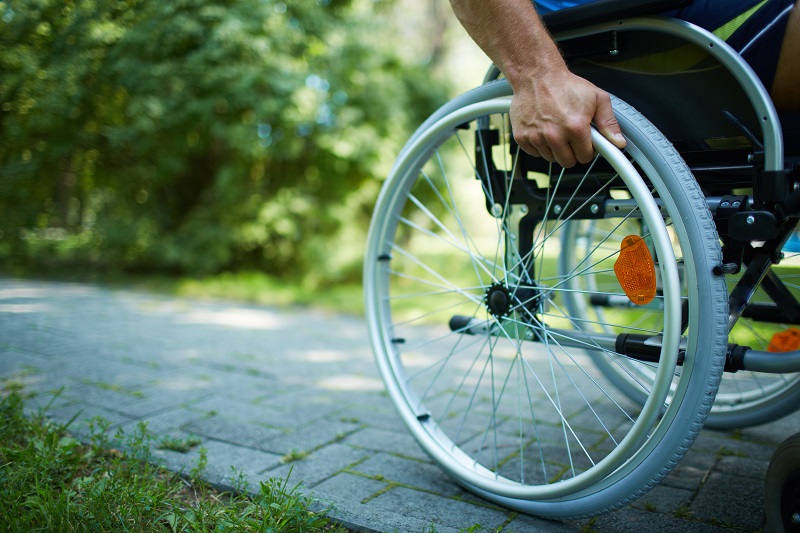Understanding Public Accommodations From a Discrimination Attorney
Written by Cooper & Friedman PLLC on February 26, 2019

What are Public Accommodations?
Public accommodations are services provided either by government entities or private businesses. With the exception of religious organizations or clubs that require membership and or dues, places that provide goods and services to the general public must do so without discrimination or segregation.
This is outlined in Title II of the Civil Rights Act of 1964, “All persons shall be entitled to the full and equal enjoyment of the goods, services, facilities, privileges, advantages, and accommodations of any place of public accommodation, as defined in this section, without discrimination on the ground of race, color, religion, or national origin.” Title III of the Americans with Disabilities Act of 1990 extends these public accommodation rights to those with disabilities. The ADA even goes as far as requiring existing buildings to remove barriers within reason and for new construction to meet certain standards of accessibility.
This means that places like courthouses, jails, hospitals, parks, restaurants, entertainment venues, transportation services, libraries, stores, hotels, and gas stations etc. are required federally to provide full and equal access to their goods and services to anyone within these protected groups. While many states have chosen to provide additional anti-discrimination public accommodation laws on the grounds of age, gender identity, sex, ethnicity, and or sexual orientation, these laws vary state to state.
Public Accommodation Laws in Kentucky & Indiana
Kentucky’s Civil Rights Act follows the federal laws and specifically mandates that if restrooms are available to the public they must also be accessible to those with disabilities and to anyone regardless of race, color, religion or national origin. Additionally, Kentucky allows mothers to breastfeed in any public or private location that they are authorized to be in without interference or it being considered public indecency.
Indiana prohibits an individual from being denied access to or receiving “poor service or lesser quality accommodations because of his or her race, color, national origin, ancestry, religion, sex, familial status (having children under 18) and disability.”
If you or someone you know has been the victim of discrimination in a public accommodation contact the Cooper and Friedman Attorneys at Law. We’ve got the expertise to take your case on and fight for you to get the rights you deserve. If you’re interested in learning more, contact us today for a free case consultation by calling 502-459-7555 or fill out our contact form online.

